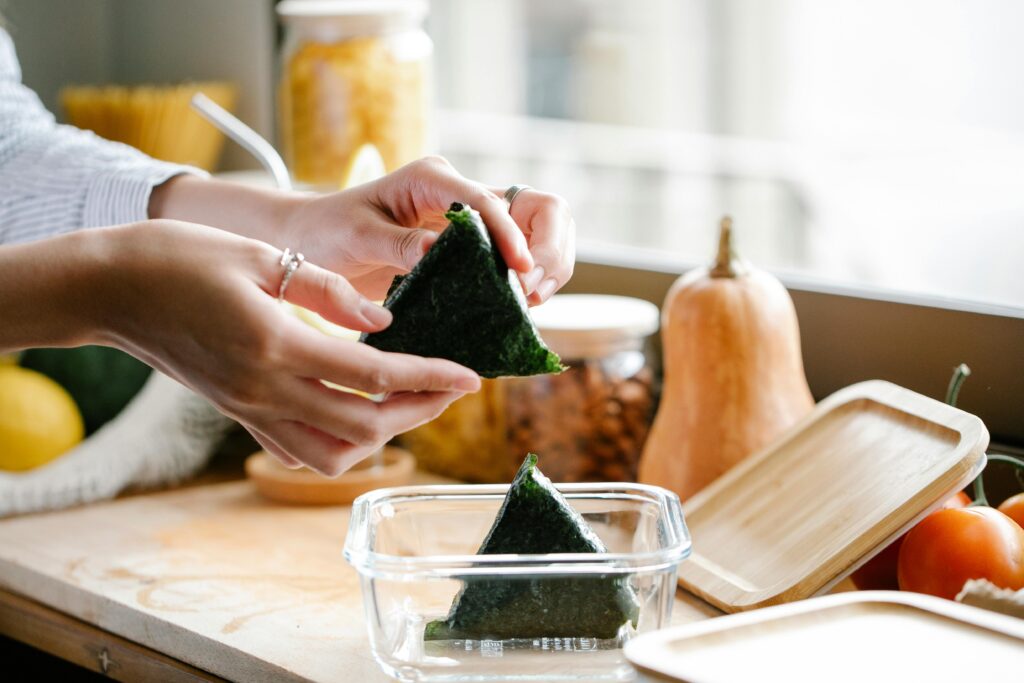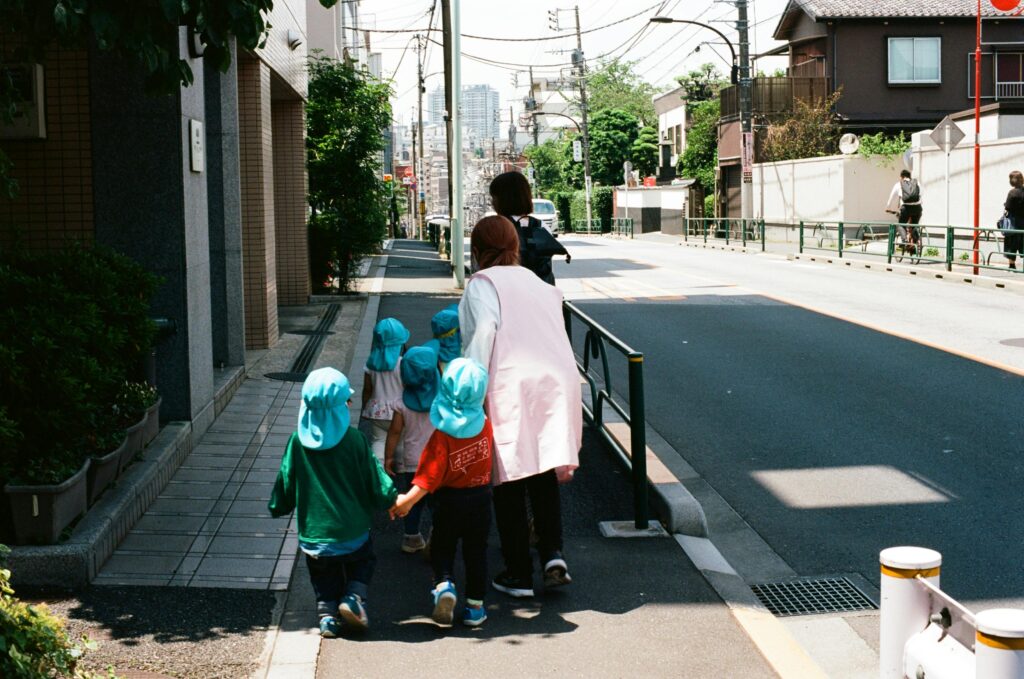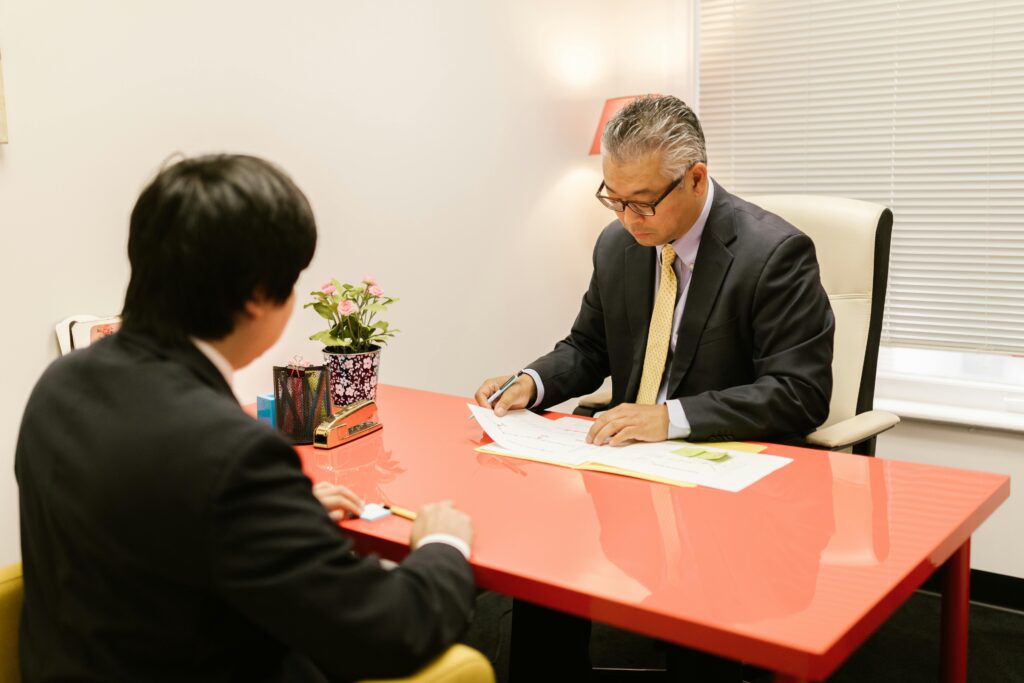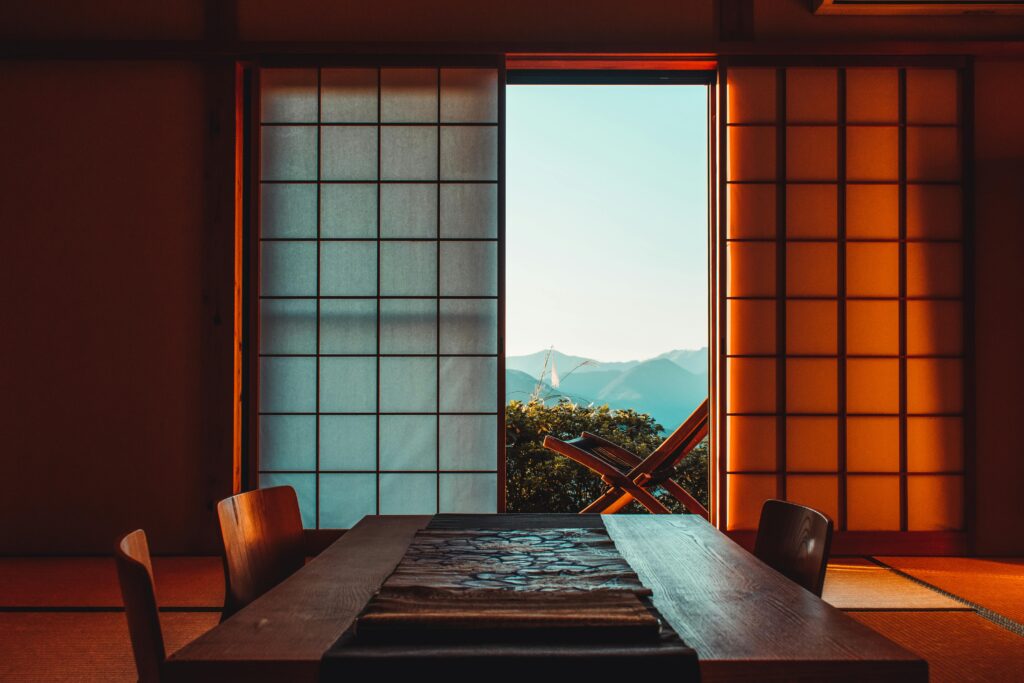I have to share something incredible with you—my time living in Japan completely transformed how I see the world. Do you know how some experiences just hit you differently? Well, Japan did that for me in ways I never expected.
From how people handle everyday tasks to the deep respect embedded in their culture, I picked up some incredible lessons that have stuck with me ever since. I thought it would be fun to tell you about the seven most significant things I learned there. Trust me, these insights aren’t just interesting cultural tidbits—they’ve genuinely changed how I approach life.
So, if you’re up for a little peek into my Japanese adventure and maybe a few new perspectives for yourself, keep reading. You’ll find these lessons as eye-opening and inspiring as I did!

1. Embracing Simplicity and Minimalism
You know what’s cool about Japanese culture? They have this incredible appreciation for the little things in life, whether food, clothes, or everyday stuff. They know how to make sure nothing goes to waste. You’ll hear people say, “Japanese people don’t leave food behind,” it’s not just about avoiding waste. It’s like they’re honoring the effort, money, and time that went into making that meal. Finishing your plate is a way of showing respect for all of that.
And it doesn’t stop with food! They take such good care of their belongings that when you buy second-hand things from Japan, they’re practically in mint condition. Why? Because they believe in taking responsibility for the things they own. It’s like when something is yours, it’s not just an object—it’s something you’re in charge of. It becomes more valuable when you take care of it.
They also start teaching this responsibility early on. When kids get part-time jobs and start buying things with their money, they treat those items like treasures. Japanese parents encourage their kids to take pride in the things they own, and it sticks.
Honestly, it’s a mindset we could all learn from. When you take care of your stuff and treat it respectfully, it’s not just “stuff” anymore. You value it because you’ve put your care into it. It’s lovely to learn to see the significance of the little things.

2. Discipline in Routine
Discipline in Japan isn’t something that happens overnight or comes from strict rules—it’s a part of life that’s taught early on and becomes second nature. From a young age, kids are shown how important it is to be orderly at home and in society. It’s more than just a “good habit,” it’s seen as their responsibility.
For example, kids in Japan learn things like how to throw away trash or patiently stand in line properly, and it sticks with them. But what’s interesting is that it’s not just about following rules—they’re taught why these rules exist and what happens when they aren’t followed. This way, they get it, and it’s not just something they do because they’re told to.
At home, parents are big on teaching kids to keep things tidy and take responsibility for their actions. They’re shown how their actions affect the whole family and the community—schools back this up, teaching respect for public spaces and how to be a good citizen. So, discipline in Japan is less about strict enforcement and more about understanding how your behavior impacts others. Over time, it becomes how they live and take pride in it. Discipline isn’t a burden—it feels natural and respected.

3. Preparedness for Life’s Challenges
Let me tell you about my first experience in Japan—it was intense! When I arrived, I had no idea how to deal with the country’s constant natural disasters. Earthquakes, tsunamis, typhoons, snowstorms, landslides—you name it, and I wasn’t ready for any of it. It felt like I was always living with this cloud of fear. One minute, we’re getting jolted awake by an earthquake, and the next, we’re stuck in the middle of the ocean during a tsunami warning. Oh, and there was that time we got trapped on a train during a snowstorm… and then ended up lost in a forest afterward. Fun times, right?
It didn’t take long to realize that we needed to know how to handle these things. Earthquake prep, evacuation routes, and protecting ourselves from whatever nature threw at us became part of the routine. In Japan, disaster readiness is taken seriously. Schools teach kids about safety, and most families have evacuation kits ready. Even the local government hands out disaster prevention guides on Disaster Prevention Day every year to keep everyone up to date.
Honestly, these experiences completely changed my mindset. Like everyone else here, I’m always ready for whatever comes. Whether practicing missile evacuation drills (yes, that’s a thing) or staying alert for the next big surprise, being prepared is how we roll in Japan.

4. Respect and Equality
Respecting others isn’t just about bowing to someone in authority or treating people with high status differently. In Japan, it’s all about seeing and honoring every person as an equal, no matter what they do or who they are. That’s something I admire about the culture here.
I remember a story from my Japanese teacher that perfectly sums this up. We were told that if we made a mess on the school grounds, we were creating more work for the caretaker who kept everything clean for us. The teacher said we should apologize to her and try to keep the place tidy. It wasn’t just about keeping things clean—it was a way of showing respect and gratitude for her hard work.
That lesson stuck with me. It made me realize that when we genuinely respect people, it shows in our actions. It’s not about feeling superior or inferior; it’s about treating everyone with kindness and understanding that we’re all together.

5. The Art of Punctuality
Japan’s reputation for being on time is legendary, whether it’s the trains running like clockwork or how people show up on time for everything. But what’s interesting is that it’s not just about following strict rules—it’s something that’s been taught and practiced over time, so it feels natural.
What I love about it is that instead of just saying, “Being late is bad,” the focus is more on how it affects others. When you show up late, you’re making someone else wait, and that’s considered a big deal. It’s less about punishing you for being late and more about understanding that your actions impact the people around you.
Punctuality isn’t just an obligation; it’s a way of showing respect for other people’s time. It’s small, but it makes a massive difference in how people think and act daily. Being on time becomes part of who you are because you know it matters to others.

6. Patience as a Virtue
In Japan, patience is a big deal; you can see it in the little moments of daily life. I remember this one time I was at a convenience store where a mom bought snacks for her kid. The kid was super excited and wanted to open the snacks right away. But the mom calmly explained that eating them before paying would be like stealing and could lead to bad habits. She told the kid to wait until they’d left the store.
What amazed me was how the kid just listened, no fuss, no crying, and patiently waited until everything was paid for. It wasn’t just about teaching the kid good manners; it was a real lesson in patience.
In Japan, kids learn this from a young age. They’re taught that you’ll get what you want if you wait and let things happen correctly. Patience becomes part of how they approach life—knowing that good things come when you’re willing to wait for them. These small lessons, like waiting for a snack, build up over time and help create people who value patience and self-control.

7. Apologies
In Thai culture, we often hear “It’s okay” tossed around so casually that it sometimes makes us forget the power of a genuine apology. Saying “thank you” is easy, but apologizing? That’s a whole different ball game. It means owning up to our mistakes and taking responsibility, which isn’t always easy but essential. It helps us stay humble and makes forgiving and moving on easier.
In Japan, apologizing is almost an art form. Depending on the situation, they have many ways to say sorry. Imagine you’re in an elevator, and someone presses the button for you. You might say “sorry,” but it’s also a“thank you” for their help. Even when they ask for help, there’s always this undertone of politeness and thoughtfulness.
The way Japanese culture handles apologies is something we can all learn from. These little practices can shape how we interact with others, whether about being respectful, disciplined, or on time. And if we can teach ourselves and the next generation to embrace these values, we’re all bound to live a more thoughtful, respectful, and harmonious life.

My time in Japan wasn’t just about experiencing a new culture but about gaining life lessons that stuck with me long after I left. These seven transformative lessons reshaped my thinking, acting, and viewing the world. From practicing patience to valuing respect, embracing responsibility, and being more mindful of others, these takeaways have enriched my life in ways I didn’t expect.
Living in Japan gave me a fresh perspective I’ll always carry wherever I go. I hope that sharing these insights with you has inspired or encouraged you to reflect on your own experiences. After all, the beauty of learning is that it can happen anywhere, at any time. Thanks for joining me on this journey!

Comments +